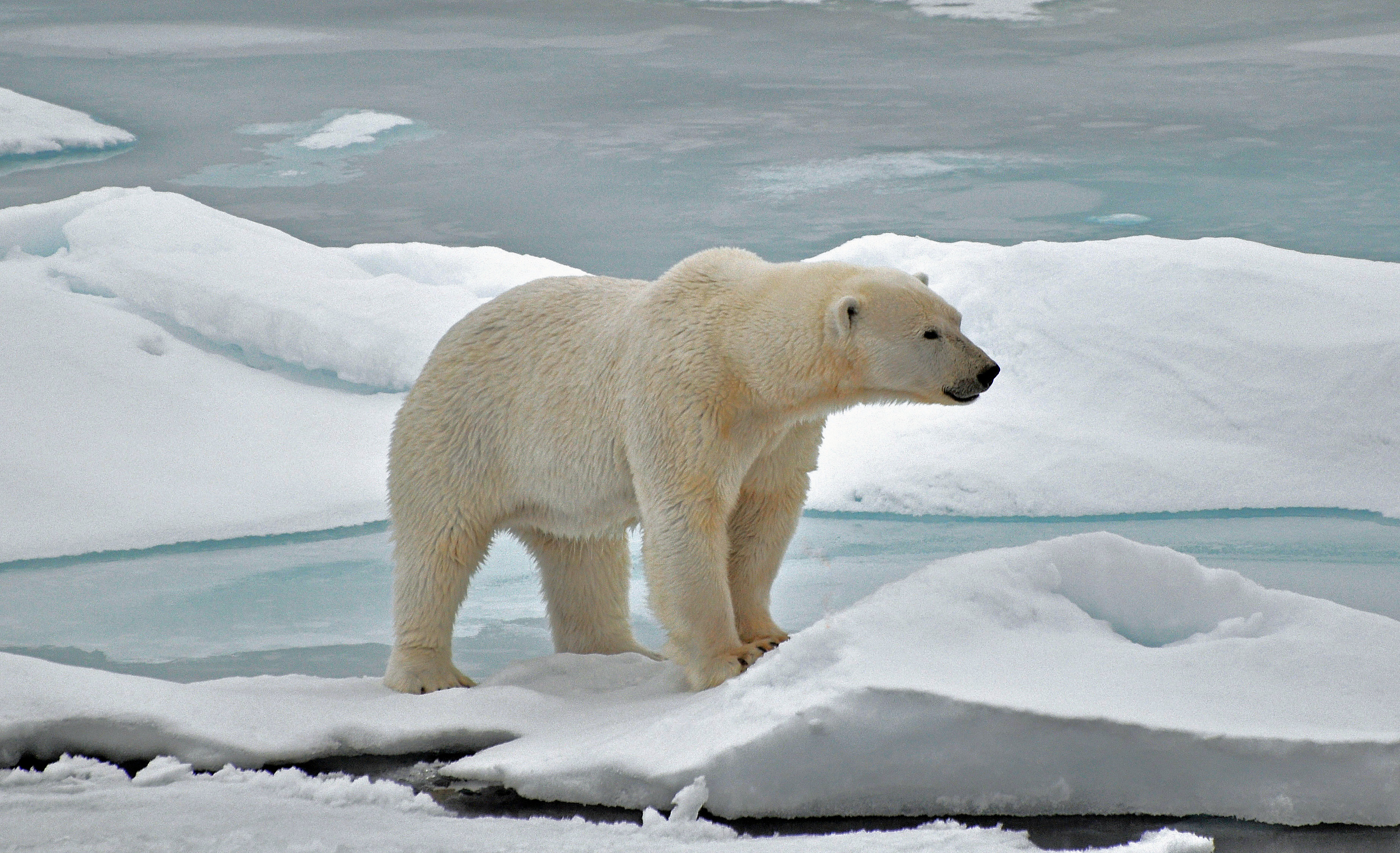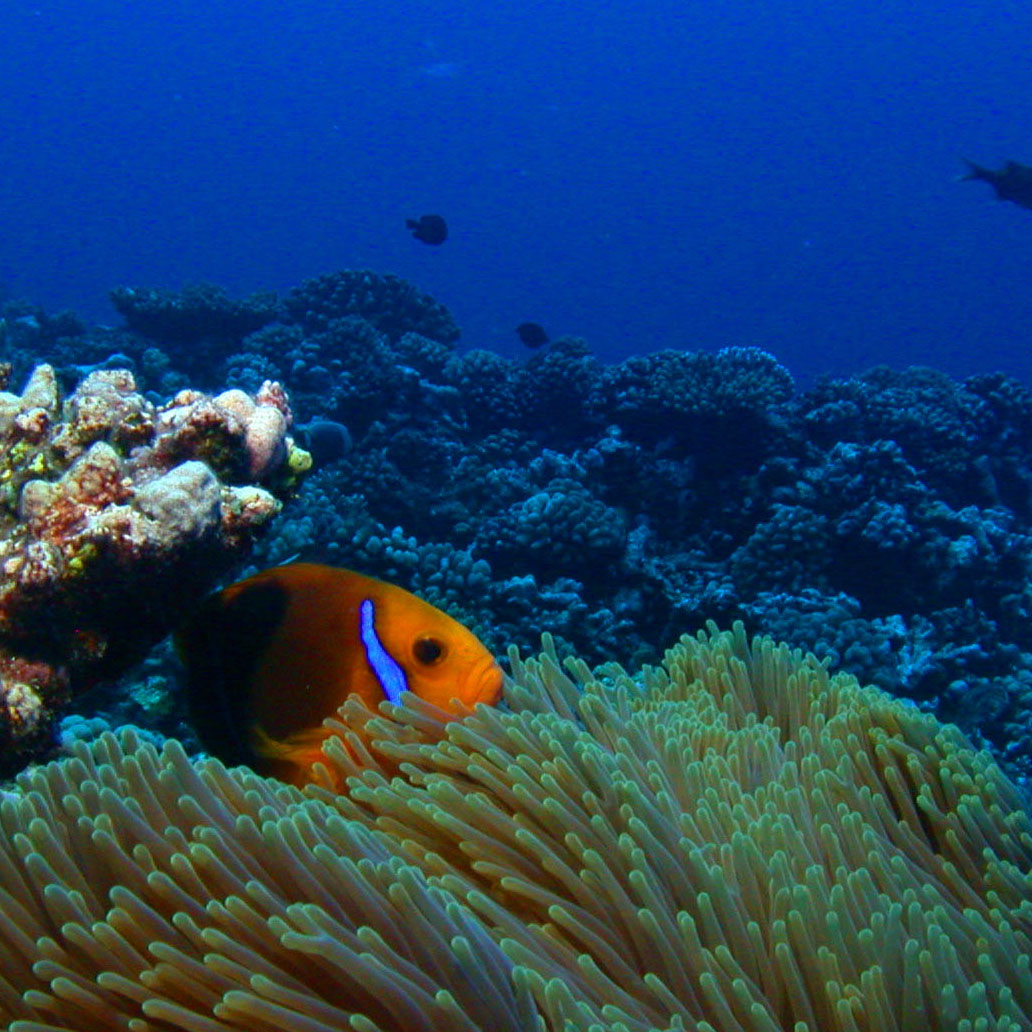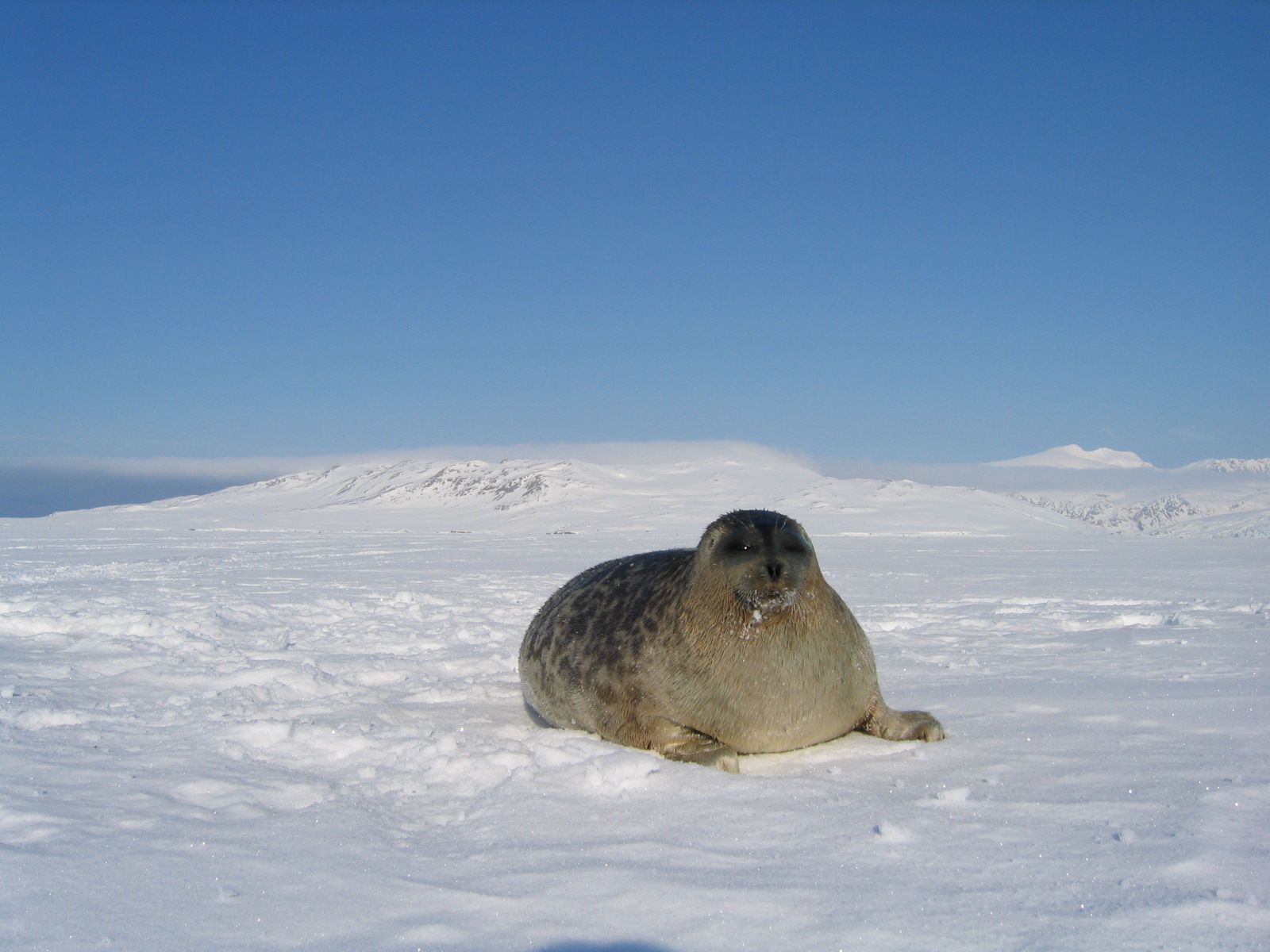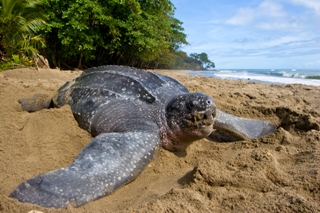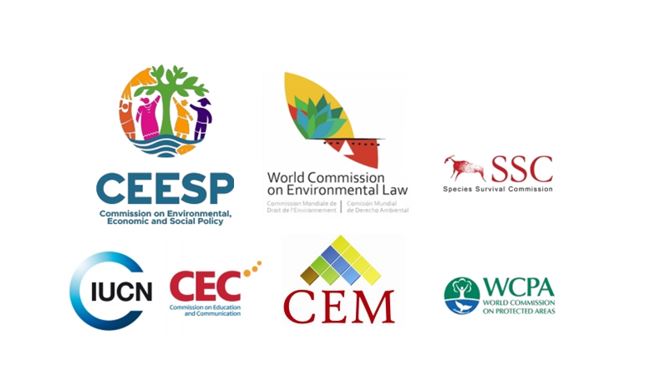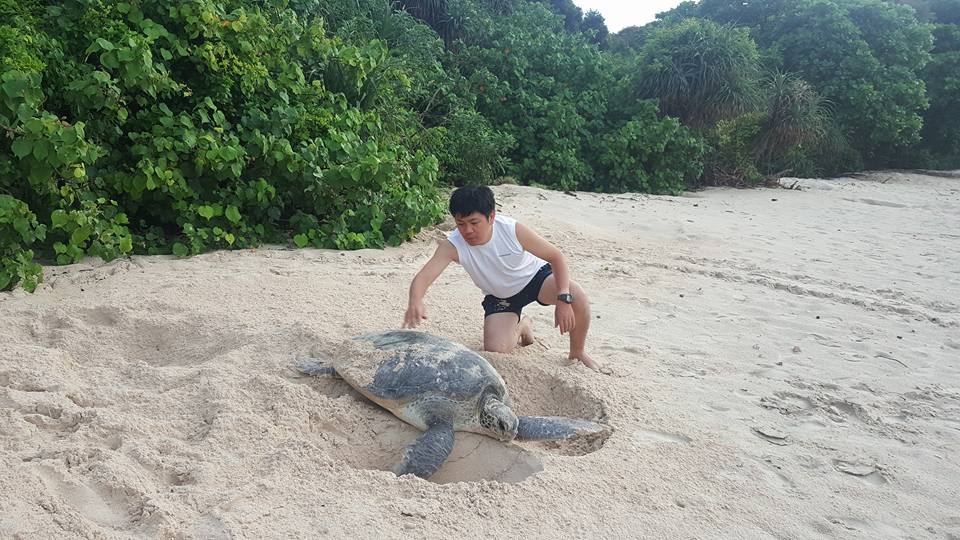Species Vulnerability to Climate Change - New Guidelines
Hawaii September 3rd 2016.. The new IUCN Guidelines for Assessing Species’ Vulnerability to Climate Change have been launched today at the IUCN World Conservation Congress. The guidelines provide the conservation community with a vital tool for that underpins efforts to help species adapt to climate change.
“To develop effective conservation plans, you need to determine how species are being impacted by climate change, and how this will play out in the future,” said Dr Wendy Foden, Chair of the IUCN SSC Climate Change Specialist Group, co-editor of the guidelines and Senior Researcher at the University of Stellenbosch, South Africa. “The IUCN Guidelines for Assessing Species’ Vulnerability to Climate Change present the combined knowledge and experience of more than thirty scientists from around the world and can be used for any species – from polar bears to puffins and wildflowers.”
The guidelines are the work of more than 30 leading scientists and conservation professionals from around the world, who responded to the urgent need for a sound, wise way forward in this new and challenging field. As well as providing step-by-step guidance and information on freely available resources, the guidelines also include case studies of assessments carried out for species ranging from corals to butterflies and polar bears.
“New methods for climate change vulnerability assessments are coming out of the woodwork these days,” says co-editor Dr Bruce Young of the international non-profit NatureServe These new guidelines should help practitioners make sense the field and select the methods that will best help them achieve their conservation objectives.”
A partnership between the Yorkshire Wildlife Park Foundation (YWPF) and the Climate Change Specialist Group of the International Union for Conservation of Nature’s (IUCN) Species Survival Commission has been crucial for the production of the guidelines. The Climate Change Specialist Group consists of more than twenty leading scientists around the world, who are working to find ways of improving conservation actions for species impacted by climate change.
Last year's Paris Climate Conference COP21 discussed the clear and urgent threat to many thousands of species as weather systems and habitats change. The Foundation’s expertise and experience in protecting threatened species will now become a vital part of a global movement raising awareness and taking action against this growing threat to wildlife.
“We are delighted to support IUCN and this vital initiative, as we know it will make a significant contribution to protecting wildlife from the impacts of climate change,” said Cheryl Williams, Trustee of the Yorkshire Wildlife Park Foundation, which is based at the award-winning Yorkshire Wildlife Park, at Branton, near Doncaster. “We are determined to do our part, and hope that local businesses, park supporters and members of the public will join us in making this a priority.”
The flagship species at Yorkshire Wildlife Park, the polar bears, are listed as Vulnerable on The IUCN Red List of Threatened Species because extensive declines in Arctic sea ice are severely decreasing its available habitat. As part of Project Polar, YWPF has been promoting action to combat climate change, and is partnering in the development of an international centre for the conservation and rehabilitation of polar bears both in captivity and in the wild.
“The polar bears are like the canaries in the coalmines – their plight is a warning for everyone,” said Williams.
YWPF provides expert and administrative support to the IUCN Climate Change Specialist Group. Foundation and Specialist Group staff will work together to increase awareness about climate change, its impacts on wildlife, and the best ways to respond. The Foundation’s support has enabled the publication of The IUCN Guidelines for Assessing Species’ Vulnerability to Climate Change. These guidelines will provide the conservation community with the best available scientific knowledge to guide important efforts to help species adapt to
“We are extremely glad that the support of the Yorkshire Wildlife Park Foundation has facilitated the production of these important guidelines in time for the IUCN World Conservation Congress,” says Dr Foden. “We recognise the incredibly valuable role that the Yorkshire Wildlife Park and the Foundation play in helping people to understand climate change and how to combat it, and we greatly appreciate working together to ensure that the guidelines reach those who need them.”
This partnership is an important extension of The Yorkshire Wildlife Park Foundation’s existing efforts in conservation and welfare, including highly praised work with polar bears, Amur tigers, leopards and African painted dogs.
